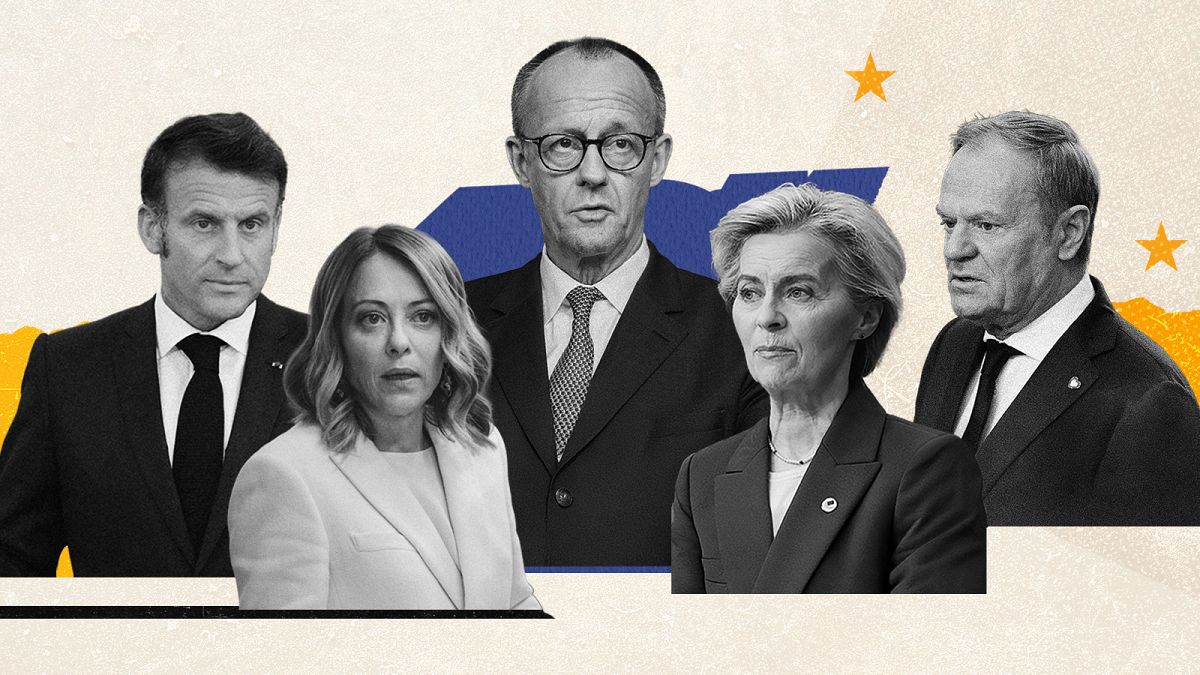

The recent European Union summit brought together leaders to navigate the pressing concerns of the Middle East and the ongoing conflict in Ukraine while also addressing issues of competitiveness and climate objectives. This meeting unfolded amidst several significant global events that have far-reaching implications for international relations and security.
The summit provided a platform for the EU to discuss and strategize around the complex geopolitical situation in Israel and Gaza, alongside its comprehensive review of Russia’s prolonged conflict with Ukraine. Key discussions also tackled strategies on sanctions against Russia with the overall tone veering toward collaborative diplomatic efforts and decisive action aimed at fostering stability and peace.
In a momentous development for Ukraine, President Volodymyr Zelenskyy and the Council of Europe signed an agreement to establish a Ukraine War tribunal. This tribunal represents a significant milestone, with Zelenskyy expressing hope that it will one day bring top Russian officials to justice for their roles in the invasion of Ukraine. The agreement aims to strengthen Ukraine’s pursuit of justice on the international stage, signaling growing international support for accountability and rule of law in the conflict.
Meanwhile, French President Emmanuel Macron met with International Atomic Energy Agency (IAEA) chief Rafael Grossi at the Elysee Palace, shortly after his return from the NATO summit. Macron emphasized the urgent need for the IAEA to resume oversight, following Iran’s decision to suspend cooperation with the agency. This meeting underscores France’s ongoing commitment to nuclear safety and diplomacy, advocating for continued dialogue and cooperation to address global nuclear challenges.
Further discussions at the NATO summit highlighted the evolving strategic mindset among member states, spurred by the leadership of Vladimir Putin as much as the influence of figures like Donald Trump. Allies reached a consensus to increase defense spending, a move reflecting growing recognition of the potential for Russian military resurgence. This shift underscores NATO’s resolve to bolster defenses and maintain a united front in ensuring regional security.
Globally, developments also extend to economic arenas where the United Kingdom has taken bold steps to reinvigorate the World Trade Organization (WTO). By aligning with an alternative to the trade organization’s appeals court, the UK aims to safeguard the integrity of the international trading system, a move that indicates a proactive stance in maintaining economic stability amidst shifting global trade dynamics.
In the broader Middle Eastern region, the World Bank authorized $1 billion for development initiatives targeted at infrastructure and job creation in Iraq, Syria, and Lebanon. Notably, Iraq receives the largest share, aimed at revitalizing the nation’s railway infrastructure and bolstering economic growth. These investments signify a commitment to fostering resilience and progress in regions affected by conflict and economic hardship.
In summary, these developments illustrate a tapestry of geopolitical, security, and economic actions shaping the current global landscape. As leaders around the world grapple with complex challenges, the emphasis remains on dialogue, cooperation, and sustainable solutions that promote peace and stability across regions. Through mindful engagement and international partnerships, there is hope that these efforts will pave the way toward a more secure and prosperous world.
Source: {link}
